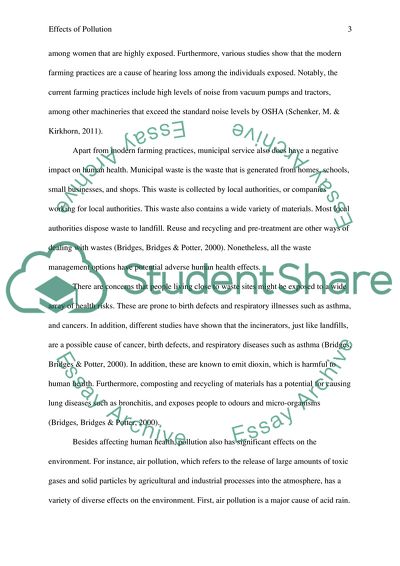Cite this document
(“Effects of pollution Assignment Example | Topics and Well Written Essays - 1500 words”, n.d.)
Retrieved from https://studentshare.org/environmental-studies/1651624-effects-of-pollution
Retrieved from https://studentshare.org/environmental-studies/1651624-effects-of-pollution
(Effects of Pollution Assignment Example | Topics and Well Written Essays - 1500 Words)
https://studentshare.org/environmental-studies/1651624-effects-of-pollution.
https://studentshare.org/environmental-studies/1651624-effects-of-pollution.
“Effects of Pollution Assignment Example | Topics and Well Written Essays - 1500 Words”, n.d. https://studentshare.org/environmental-studies/1651624-effects-of-pollution.


